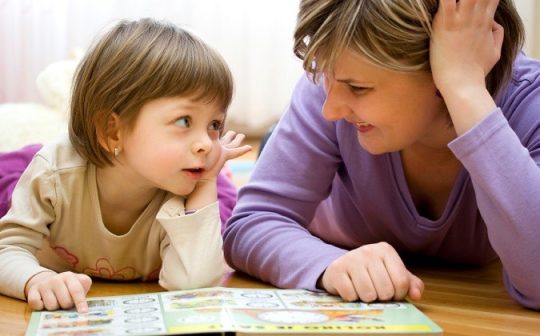Those who work within the field of speech therapy at Speech Pathology Perth are fully aware of the huge role that parents play in the activities required for children whose speech and language development has not reached the level it should have. Further, they are conscious of the huge time constraints that parents have trying to balance their work, their home, and their children.
This is why a great deal of thought goes into planning speech therapy and in particular the speech therapy homework which is set for the children that speech pathologists are treating. Bear in mind that children are also likely to have homework from their normal schooling so the effort from parents to ensure there is sufficient time for it all is significant.
One aspect of speech therapy which can help the time-homework conundrum is scripting. This is not scripting in the same sense that a script is created for a movie or TV drama, but is a quick and simple speech therapy tool that helps both children and parents alike. The basic premise behind scripting is that it is fundamental verbal communication directed by adults towards children who are having speech and language difficulties.


